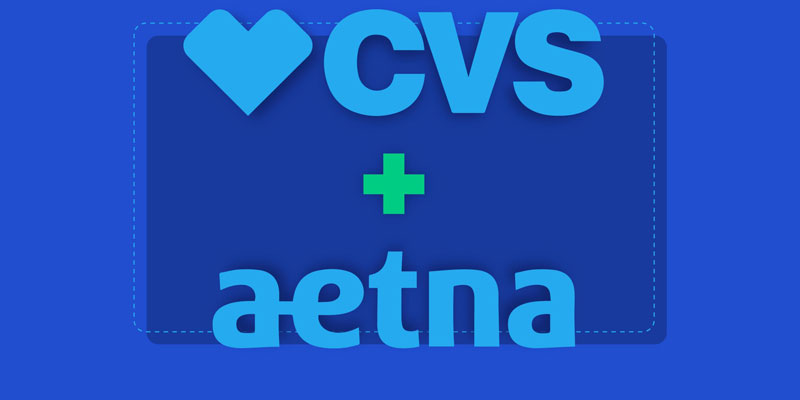
Navigating the intricate landscape of financial transactions, certified checks emerge as a steadfast symbol of dependability. Whether engaging in high-value trades, finalizing a real estate transaction, or securing a substantial payment, comprehending the subtleties of certified checks is pivotal.
This guide is dedicated to unraveling the intricacies, presenting a conversational and simplified approach in the pursuit of demystifying certified checks. In a world where financial clarity is essential, this beacon of reliability ensures that transactions, big or small, unfold with the confidence and security that certified checks uniquely provide.
What is a Certified Check?
A certified check stands as a secure financial instrument with a guarantee from the issuing bank. In contrast to personal checks susceptible to bouncing from insufficient funds, a certified check assures the payee. It not only confirms the availability of funds in the payer's account but designates them explicitly for the intended transaction.
Functioning as a reliable bridge, it fosters confidence between both parties engaged in the financial exchange. This guarantee ensures a seamless and trustworthy transaction, mitigating concerns about the potential for bounced checks and instilling a sense of security in the minds of both the payer and the payee.
Where & How to Get a Certified Check
Obtaining a certified check involves a straightforward process, but a trip to your local bank is necessary. Let's break down the steps:
Visit Your Bank

Kickstart the process by heading to your reliable local bank. While some banks graciously extend this service to non-customers, having an existing account significantly streamlines the entire procedure. The familiar environment of your bank adds a layer of comfort and familiarity to the process.
Request a Certified Check
Engage with a knowledgeable bank representative to articulate your need for a certified check. These professionals are there to guide you seamlessly through the intricacies of obtaining this specialized form of payment. Their expertise ensures that you navigate the process with confidence and clarity.
Provide Necessary Information
Be prepared to share essential details, including the payee's name, the precise amount for the certified check, and any additional required information. Clear and accurate communication at this stage ensures that the issued check aligns perfectly with your transaction requirements.
Provide Funds

If your account lacks the necessary funds, the bank will request a deposit covering the total certified check amount and any associated fees. This step is pivotal, serving as the trigger for the verification process.
Ensuring you have sufficient funds on standby guarantees a smooth and efficient issuance of the certified check, reinforcing the bank's commitment to validating and safeguarding your financial transactions.
Wait for Verification
Post deposit, exercise patience as the bank diligently verifies the availability of funds. Upon confirmation, a certified check is promptly issued and made out to the specified payee. This meticulous verification step guarantees the legitimacy and security of the transaction.
How Much Do Certified Checks Cost?
While the assurance provided by certified checks is undoubtedly priceless, it does come with associated costs. Banks routinely levy fees for the issuance of certified checks, and these charges may vary between institutions. To avoid unforeseen expenses, it's prudent to actively inquire about these fees during the application process.
Moreover, it's essential to recognize the opportunity cost linked to the funds designated for the certified check. Once allocated, these funds effectively remain inaccessible until the check is either cashed or reaches its expiration date. This temporary constraint can curtail their versatility for alternative purposes during this timeframe.
A comprehensive understanding of these financial implications ensures a more enlightened and strategic approach to incorporating certified checks into your transactions. It's a delicate balance between the security they offer and the associated costs, requiring a thoughtful consideration of your specific financial needs and priorities.
Should You Accept Certified Checks?
If you find yourself on the receiving end of a financial transaction involving a certified check, exercising caution is essential. Here are some practical tips:
Verify the Check
Before finalizing any agreement, take the proactive step of contacting the issuing bank to authenticate the certified check. This crucial measure extends beyond mere formality, acting as a robust shield against potential fraud.
By verifying the check's legitimacy, you establish the foundation for a secure and trustworthy financial transaction, instilling confidence and mitigating the risks associated with fraudulent activities.
Meet in a Secure Location
For substantial transactions, it's prudent to strategically orchestrate the exchange at the issuing bank. This deliberate choice not only reinforces security measures but also expedites the verification process. Conducting the transaction within the controlled environment of the bank significantly heightens overall safety, instilling confidence and peace of mind for all parties involved.
This thoughtful approach ensures a seamless and secure financial interaction, fostering trust in the reliability of the certified check.
Trust Your Instincts
In situations where a transaction triggers doubt or appears exceptionally advantageous, rely on your instincts. Scammers frequently prey on those unacquainted with the intricacies of certified checks. Tuning into your gut feelings is paramount; exercising prudence in such circumstances serves as an essential defense against potential fraudulent activities.
Trusting your instincts becomes a crucial component in navigating financial transactions safely and avoiding potential pitfalls.
Conclusion
In summary, certified checks stand out as a resilient and trustworthy tool in financial dealings. Regardless of whether you find yourself in the role of the buyer or seller, a profound comprehension of the intricacies involved in acquiring and utilizing certified checks is paramount.
While there are associated costs, the assurance of secure transactions and guaranteed funds positions certified checks as a preferred option in various scenarios. It's crucial to consistently practice due diligence, ensure the authenticity of checks, and thoughtfully assess the circumstances before deciding to either issue or accept a certified check.
Top of Form




